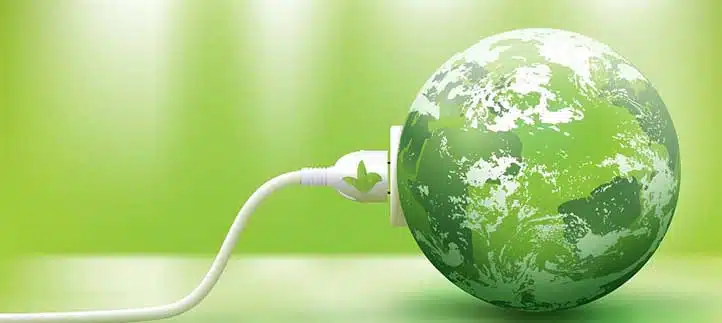2022 WORLD ENERGY CONSERVATION DAY: December 14th is recognized as World Energy Conservation Day. Educating people on how to save and value of energy resource conservation is the goal of this day.

2022 WORLD ENERGY CONSERVATION DAY: December 14th is recognized as World Energy Conservation Day. Educating people on the value of energy resource conservation is the goal of this day.
On this day, businesses, non-profit organizations, and the government collaborate to develop practical solutions and spread awareness since energy conservation is the first step toward a healthy, sustainable, and environmentally friendly future. It also serves as a reminder to the public of the value of energy conservation and the need for major decision-makers to band together to implement long-term policies aimed at combating climate change.

Here are 7 simple steps you can take to improve your home’s energy savings:
1. Switch off the lights when not in use
Our society has a constant need for electricity. The simplest solution on the list is to just turn off appliances when not in use. Since electronics use energy even when not under full load, it is important to turn off appliances like fans and lights when not in use.There are probably plugged-in items throughout your home that are not in use, including phone chargers and countertop appliances.
2. Use energy-saving appliances like LED lights
By utilising a semiconductor to transform power into light, LED bulbs are made to be more energy-efficient light sources. When compared to other types of bulbs, LED lights utilise their energy far more effectively, producing light up to 90% more effectively than incandescent bulbs and 80% more effectively than CFLs. This is partly because LED bulbs use a lot less power than incandescent or CFL bulbs. Fluorescent lights squander 95% of their energy as heat and only use 5% of it to produce light, according to the Solar Electric Power Company. The exact opposite is true of LEDs, which use an astounding 95% of their energy to produce light.
3. Use maximum amount of daylight.
In order to reduce the need for electric lighting and save energy, daylighting is the controlled entry of natural light, direct sunlight, and diffused skylight into a building. In addition to lowering energy costs by up to one-third, daylighting helps create a visually engaging and productive environment for building occupants by establishing a direct connection to the dynamic and constantly changing patterns of increasing over the past.
4. Consciously using kitchen appliances
Kitchen equipment consume a lot of energy, often without being noticed. Consider a refrigerator, which consumes the most energy in a home and runs continuously. For effective use, it is advised to keep the fridge at an appropriate temperature. It is advised to only use other appliances, such dishwashers, when they are completely filled.
5. Use solar energy
Solar energy may be used for a long time because it is a renewable resource. We can use less fuel, such as coal, kerosene, or gas, by employing solar energy. Additionally, it aids in lowering our utility costs. In addition, solar energy is clean and safe for the environment. There are various uses for solar energy. Solar heaters and solar cookers are two examples of how solar energy is used in our homes. We also utilise solar lighting outside because it costs less.
6. Making use of the BEE star rating system
The Bureau of Energy Efficiency (BEE) provides BEE Star Labels, which are a voluntary method for manufacturers to indicate an appliance’s energy efficiency. More stars on the label indicate a product is more efficient, which is indicated by the number of stars. By picking the most energy-efficient products, consumers may use the label to help them save money and energy.
7. Educating children about energy conservation
The nation’s future lies with its children. Furthermore, educating children about energy saving is the best course of action. The three R’s—reducing, reusing, and recycling—should always be mentioned when talking about energy saving. While they are still young, you should teach your child about energy conservation because it will teach them how to conserve energy. Additionally, it motivates them to take responsibility for environmental protection.













